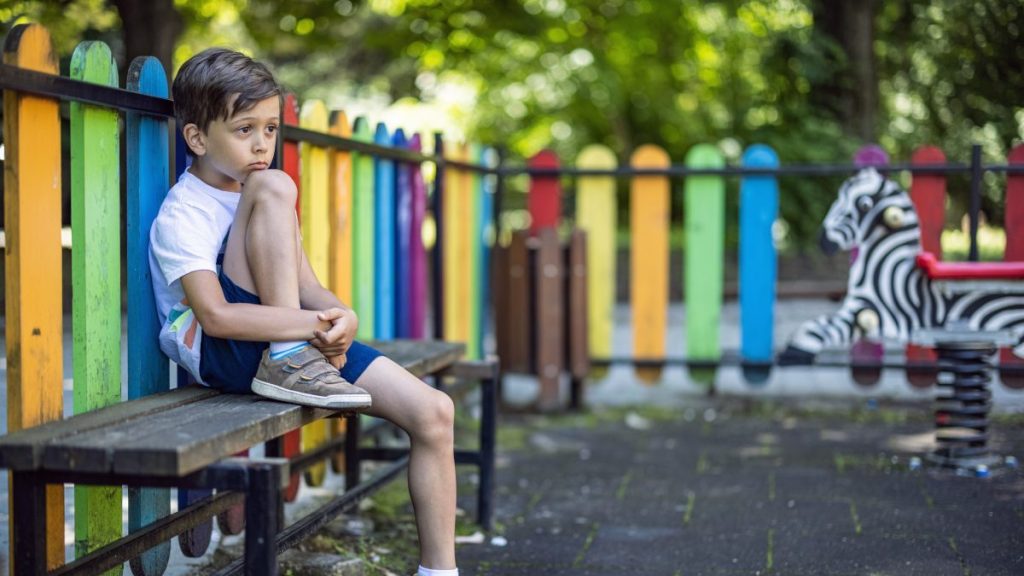Does your child always seem withdrawn or disinterested? If yes, there are chances that your little one is experiencing emotional neglect. It is a pervasive issue that can affect kids of all age groups. This mainly happens when parents or caregivers fail to provide the kids with the necessary emotional support, positive affirmations, and validation.
Emotional neglect can significantly impact your kid’s development and overall well-being. If you suspect that your child may be facing the same issue, look out for these warning signs and take proactive steps to address it before you need to seek professional help.
If you need help from experts, don’t hesitate to contact a psychologist or therapist immediately. You can also consider family therapy to help both you and your munchkin. Moreover, parenting classes will come in handy as you re-learn some of the basics and gain the necessary skills to recognize, listen to, and respond to your little one’s emotions.
1. Remains isolated and depressed
Depression, withdrawal symptoms, or isolation are some of the biggest signs of emotional neglect in kids. Children who feel unloved, unsupported, or unheard often withdraw from social activities and interactions. They prefer to stay alone rather than with friends, siblings, or family members. Eventually, they become disinterested in the hobbies or activities they once loved. If kids are depressed, they might also exhibit suicidal thoughts.
2. Difficulty in managing emotions
Kids who experience emotional neglect often find it challenging to manage their feelings and regulate their behavior effectively. For instance, they might not understand how to react, be empathetic if something terrible happens, or have difficulty feeling happy for others. Little ones experiencing emotional neglect might also have problems controlling their anger or frustration towards others.
3. Low confidence
Emotional neglect can have a detrimental effect on a child’s self-confidence and self-esteem as well. They might have difficulty accepting their situation and expressing their fear and emotions in front of others. This eventually acts as a hurdle in the long run when they become adults and look for jobs or work in an office. Children experiencing emotional neglect also have difficulty expressing their needs, setting boundaries with others, and prioritizing their own emotional and physical well-being.
4. Doing poorly academically
Emotional neglect can hurt a child’s academic performance drastically. When the child feels neglected or doesn’t get the emotional support they seek, they might find it difficult to concentrate in class. Things might get even worse when your child sees their friends in school having an emotional support system, with their friends getting the same things easily from their parents that they wish for from you. So, if you notice your kid’s performance deteriorating in class, talk to them to figure out the root cause.
5. Trust issues
A child who is facing emotional neglect will have trust issues as they grow up. Trusting their colleagues or their partners will be a challenging task for them. They will mostly remain doubtful about their relationship with others and have difficulty establishing and maintaining healthy relationships.
So, if you see any such signs in your child, talk to them and try to understand if emotional neglect is the root cause. If yes, start validating their feelings and experiences, support them as and when needed, and be there for them.
If your efforts don’t seem to work, seek professional help without further delay. Remember, the more you neglect your child emotionally, the more severe consequences it will have on your child’s development and well-being. So, intervene, take action, and love them unconditionally. We, as parents, should always be their pillars of strength and support!
